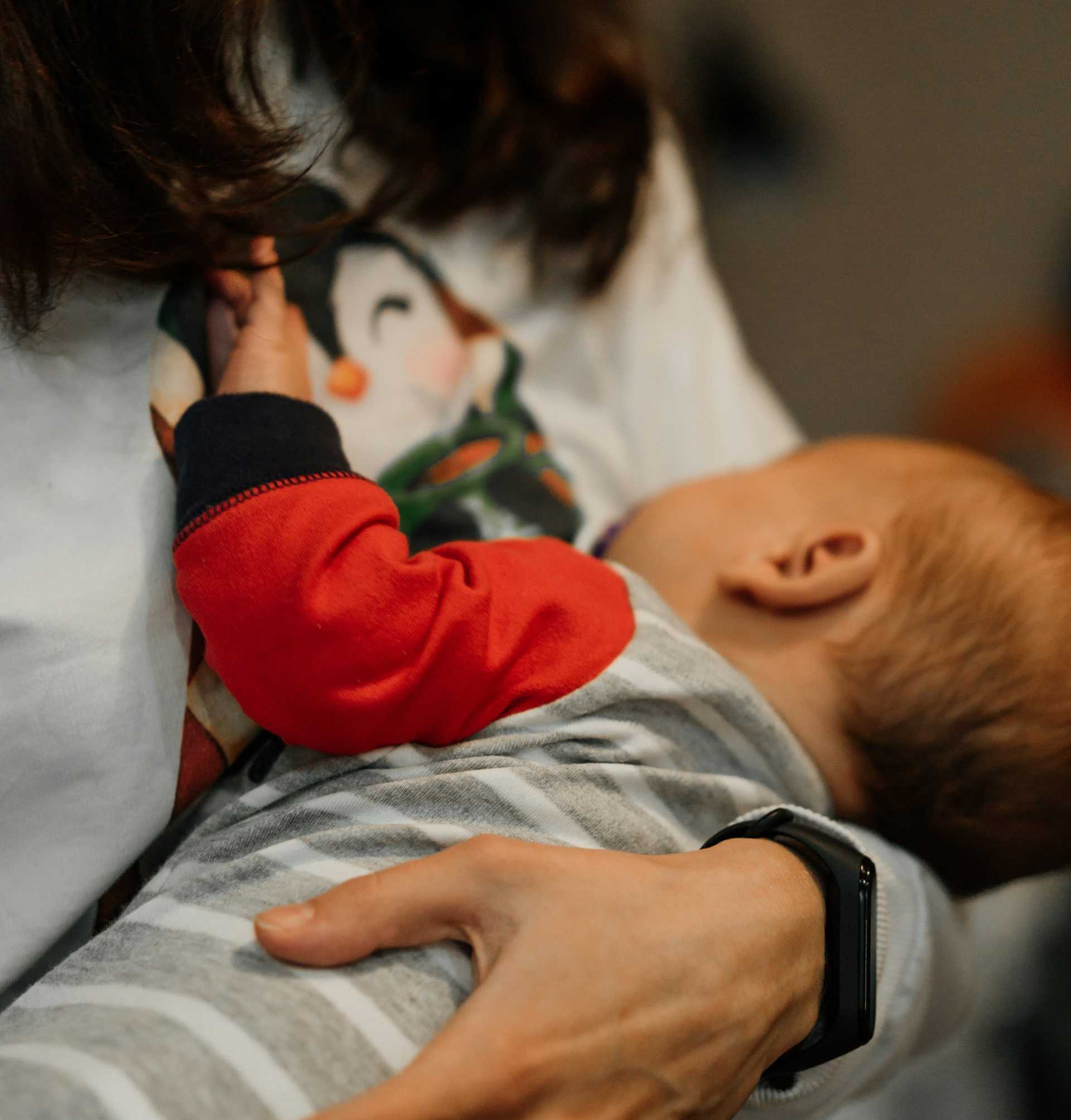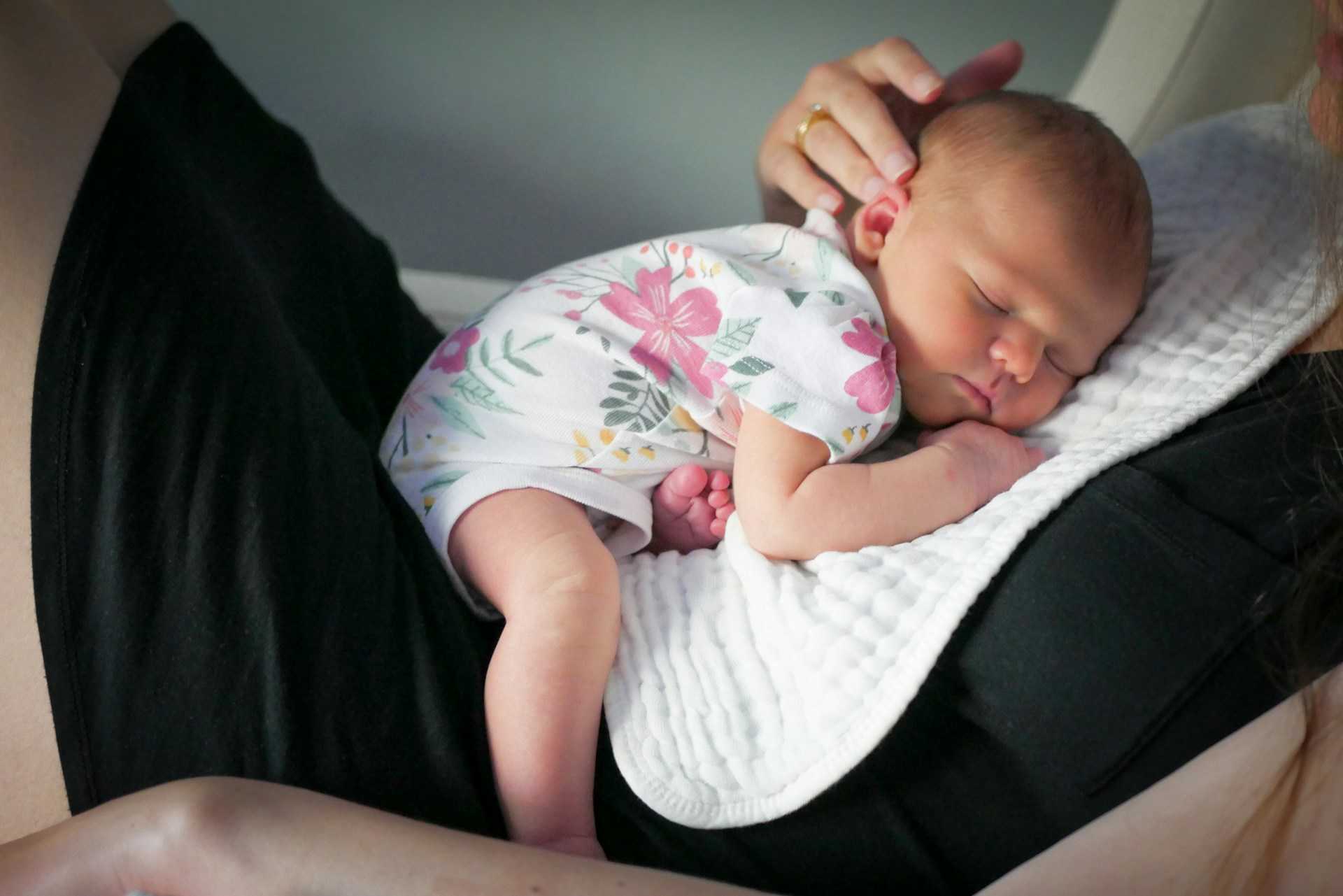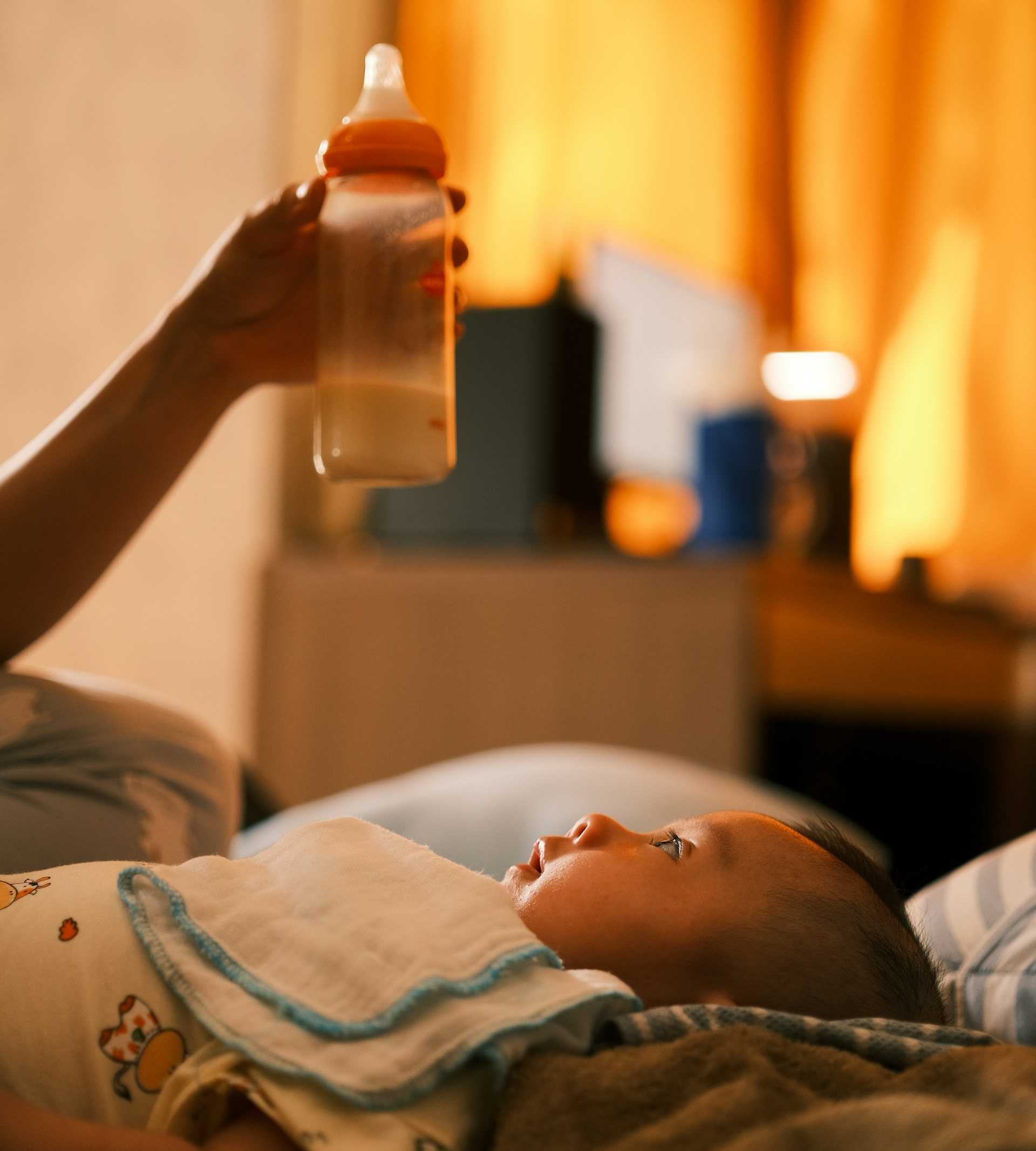What Is World Breastfeeding Week?

World Breastfeeding Week (WBW) is a global campaign held annually from August 1st to 7th, aimed at raising awareness and promoting action on breastfeeding. Initiated in 1992 by the World Alliance for Breastfeeding Action (WABA), WBW has become the most recognized public health campaign advocating for breastfeeding worldwide.
The Origins of WBW
The roots of this campaign trace back to the Innocenti Declaration of 1990, issued by the World Health Organization (WHO) and UNICEF. This declaration emphasized the need to protect, promote, and support breastfeeding as a key strategy to improve infant and maternal health. Two years later, WABA was formed to turn this vision into an annual, coordinated global effort — leading to the first World Breastfeeding Week.
Since its inception, WBW has been supported by governments, healthcare institutions, NGOs, and individuals globally. Each year carries a specific theme addressing current issues — from breastfeeding in emergencies to gender equity, workplace rights, and climate change.
Why Breastfeeding Matters
Breastfeeding is more than just nourishment — it’s a vital source of health, immunity, and emotional security. According to the WHO:
- Breast milk provides all the energy and nutrients an infant needs for the first 6 months of life.
- It contains antibodies that help protect against common childhood illnesses.
- It supports cognitive development and strengthens the bond between mother and child.
Moreover, breastfeeding benefits mothers by reducing the risk of breast and ovarian cancers, postpartum depression, and type 2 diabetes.
How to Make the Most of Breastfeeding Week
Whether you are a new mother, expecting parent, healthcare worker, or advocate, WBW is an opportunity to learn, support, and empower.
Here are a few meaningful ways to participate:
- Join online events or webinars organized by maternal health organizations.
- Promote awareness by sharing educational content on social media using hashtags like #WBW or #BreastfeedingWeek.
- Organize or attend local meetups for breastfeeding parents and caregivers.
- Advocate for policy changes, such as paid maternity leave and breastfeeding-friendly workplaces.
Even small gestures — like offering encouragement to a breastfeeding parent — can make a significant impact.
Tips for Breastfeeding MomsE
very breastfeeding journey is unique. While some mothers find it easy from the start, others face challenges such as latching issues, low milk supply, or social stigma.
Here are evidence-based tips to support successful breastfeeding:
🍼 1. Prepare During Pregnancy
Attend prenatal classes, read about breastfeeding techniques, and talk to other mothers. Being informed in advance can ease anxiety and build confidence.
🤱 2. Practice Skin-to-Skin Contact
Holding your baby skin-to-skin right after birth helps stimulate the release of oxytocin and promotes early breastfeeding behaviors.
⏱️ 3. Feed Often and On Cue
Breastfeeding works on a supply-and-demand basis. Nursing frequently — at least 8–12 times a day — helps establish and maintain a strong milk supply.
🧘 4. Don’t Ignore Discomfort
Nipple pain, engorgement, or cracked skin are signs something may be off. A lactation consultant can help correct latch problems or suggest better positions.
💧 5. Stay Nourished and RestedY
our body works hard to produce milk. Hydrate often, eat nutrient-rich foods, and sleep when possible to support milk production and energy levels.
📱 6. Use Technology Wisely
There are many helpful apps that track feeding sessions, diaper changes, and offer lactation tips. Use them to monitor patterns and stay informed.
Support Systems & Resources
Breastfeeding can feel isolating without the right support. Fortunately, many organizations provide education, encouragement, and community:
🌍 Global ResourcesLa Leche League International (LLLI): Offers free peer support groups in many countries.
- UNICEF & WHO: Provide evidence-based breastfeeding guidance and advocacy tools.
- WABA: Offers downloadable materials, campaign guides, and event listings during WBW.
🏡 Local & Online SupportBreastfeeding support groups (in person or virtual) can help moms connect with others experiencing similar challenges.
- Certified Lactation Consultants (IBCLCs): Provide expert help with breastfeeding techniques, supply issues, and infant health.
- Parenting forums and apps: Communities like BabyCenter, What to Expect, and local Facebook groups offer 24/7 peer support.
Celebrating Breastfeeding Week: A Community Effort
World Breastfeeding Week isn’t just for parents — it’s a call to action for everyone:
- Employers can implement lactation-friendly workplace policies.
- Partners and family members can provide encouragement and help with household duties.
- Healthcare professionals can advocate for baby-friendly hospitals and offer non-judgmental support.
When society supports breastfeeding, mothers are more likely to succeed — and babies thrive.
Conclusion: Breastfeeding Is a Shared Responsibility
World Breastfeeding Week reminds us that breastfeeding is not just a personal choice — it's a public health priority. When women are supported, informed, and empowered, they are more likely to breastfeed successfully. This benefits not only their children, but entire communities and future generations.
Whether you're a new mom or a dedicated supporter, take part in WBW by spreading awareness, offering kindness, and recognizing the incredible strength and love behind every breastfeeding journey.
We as the developers of the Erby app disclaim any liability for any decisions you make based on this information, which is provided for general informational purposes only and is not a substitute for personal medical advice.


